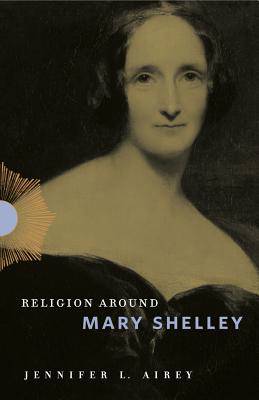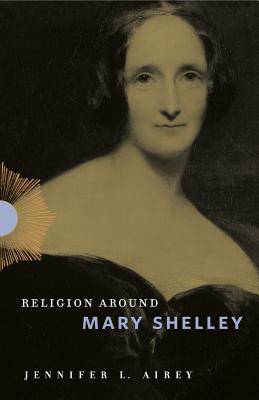
- Retrait gratuit dans votre magasin Club
- 7.000.000 titres dans notre catalogue
- Payer en toute sécurité
- Toujours un magasin près de chez vous
- Retrait gratuit dans votre magasin Club
- 7.000.0000 titres dans notre catalogue
- Payer en toute sécurité
- Toujours un magasin près de chez vous
Description
Mary Shelley lived and wrote during an age of religious instability, one that witnessed the spread of atheism, millenarianism, Methodism, Unitarianism, and Evangelicalism, among other belief systems. In this book, Jennifer L. Airey foregrounds Shelley as an important religious thinker of the Romantic period, analyzing her creative engagement with the religious controversies around her and uncovering a belief system that was both influenced by and profoundly different from those of her male Romantic counterparts.
Previous assessments of religion in Shelley's work have been limited in scope and, as Airey asserts, have tended to privilege the novels she wrote when she was married to the prominent atheist Percy Shelley and shortly after his death. Such readings imply that Shelley and her works are most interesting for what they can tell us about her husband and second-generation (and predominantly male) Romanticism. Airey's analysis corrects this imbalance by giving equal weight to Shelley's later work, which draws on Evangelical discourses elevating the mother as the theological and moral center of the household.
Nuanced and accessible, Religion Around Mary Shelley makes visible the valuable insight that Shelley's works offer into the complexity of religious views prominent in her cultural moment. It will appeal to specialists and nonacademics interested in the Godwin-Wollstonecraft-Shelley circle.
Spécifications
Parties prenantes
- Auteur(s) :
- Editeur:
Contenu
- Nombre de pages :
- 240
- Langue:
- Anglais
- Collection :
- Tome:
- n° 5
Caractéristiques
- EAN:
- 9780271082073
- Date de parution :
- 07-08-19
- Format:
- Livre relié
- Format numérique:
- Genaaid
- Dimensions :
- 140 mm x 216 mm
- Poids :
- 453 g

Les avis
Nous publions uniquement les avis qui respectent les conditions requises. Consultez nos conditions pour les avis.






